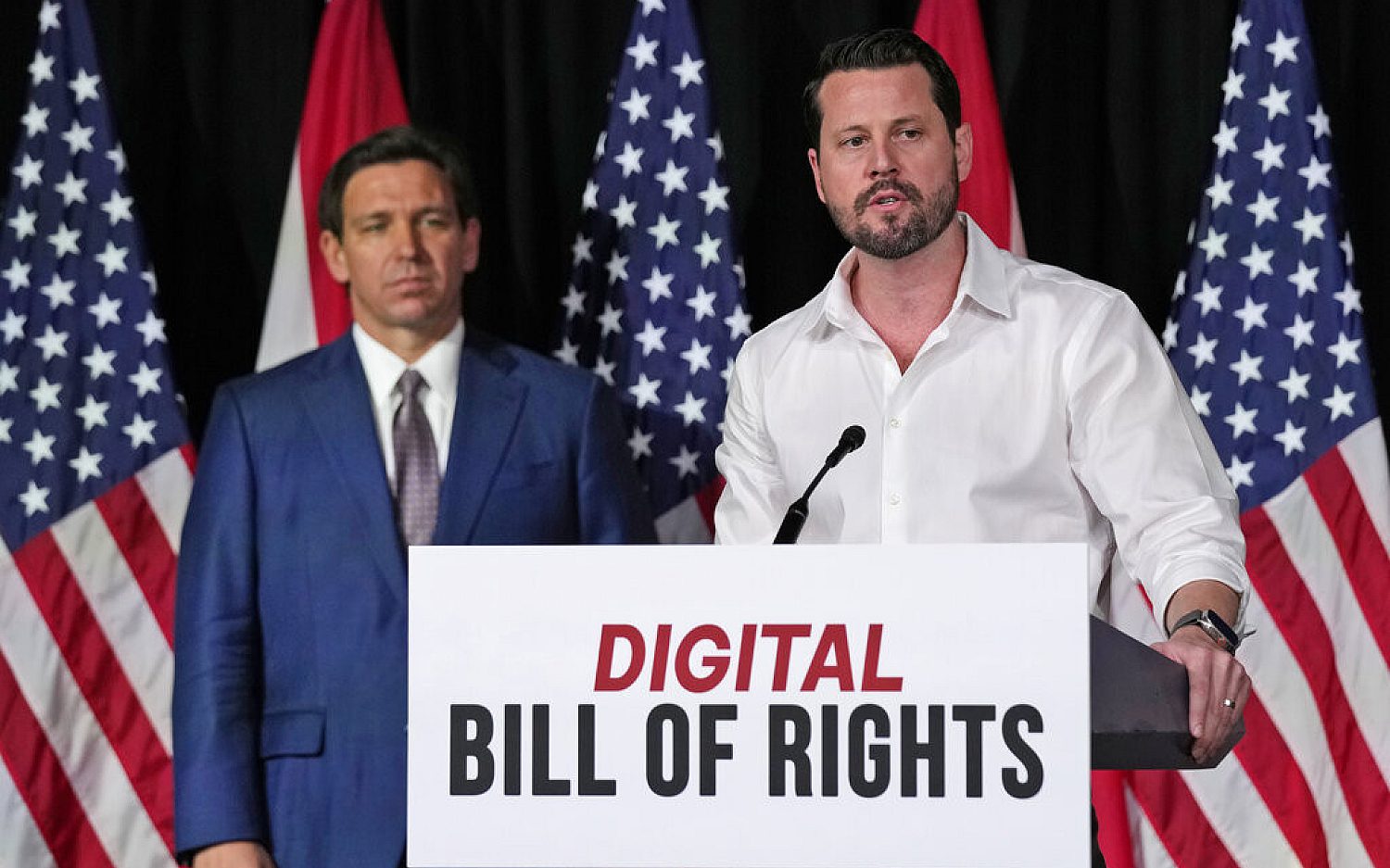College without debt: A commitment in faith
Editor’s note: The average graduate in the college class of 2014 is leaving school with a record debt of $33,000 dollars in school-related loans, according to the firm Edvisors. And The Wall Street Journal reports that amount is nearly double the amount graduates had to pay back just 20 years ago, even adjusting for inflation.
But it doesn’t have to be that way, says Matt Bell, associate editor of SoundMindInvesting.com and the author of The Grad’s Guide to Money. He shared his suggestions for a debt-free college education with WORLD Radio.
One of the most important steps [a family] could take is to make a commitment in faith to do the whole college thing without debt. It might not seem doable. People read the headlines, [and] they just assume that debt is part of the package. And, yet, I think that if we can make a commitment in faith that we’re going to do the college thing without debt, that’s a great starting point. …
And there are a lot of ways to do college without debt. I’ll just kind of briefly touch on a number of them. … Go to community college for the first couple of years and then transfer to a college. You do the work in advance to make sure that the college you intend to go to will accept transfers from that particular community college. … But, ultimately, your degree will be from that four-year school. That can really cut down on the cost of it.
When students are working to earn money for college and they have some skin in the game, that’s a very helpful thing. Taking [Advanced Placement] classes so that they can get college credit before they even start to go to college, that can really help them get ahead of the game. Choosing a public school instead of private; choosing in-state verses out-of-state.
Some students don’t even really know what they want to do, what they want to study. College is a really expensive place to figure that out. Something that’s very common overseas and is becoming a little more common here is to take a gap year, a year off after high school, to really get clear about what you want to do for a living, what God’s calling you to do for a living, and earn some money in that year to pay for college without debt.
There’s military programs, ROTC. There are military academies. There are co-op programs that can really help to fund the costs of college. If you’ve got a stay-at-home parent, perhaps, through the upbringing years, that parent could perhaps consider going back to work when that student starts college to pay for it that way.
There are a lot of options to explore. They may not be easy. They’re simple sounding, [but] they may not be easy to execute. But they’re out there, and the starting point is that commitment in faith that we’re going to do college without debt.
Listen to more of Matt Bell’s financial advise for college students, including how to pay off student debt, on The World and Everything in It:
Joseph Slife contributed to this report.
An actual newsletter worth subscribing to instead of just a collection of links. —Adam
Sign up to receive The Sift email newsletter each weekday morning for the latest headlines from WORLD’s breaking news team.




Please wait while we load the latest comments...
Comments
Please register, subscribe, or log in to comment on this article.